“You’re not here to fit into a pre-written path, you’re here to help shape one”- Michael Butera
Michael Butera serves as the Chief Technical Advisor at Rwanda’s Ministry of Justice and is a current Board Member of the Rwanda Broadcasting Agency. He is a legal scholar and policy strategist with a strong focus on technology, innovation, and public sector reform. In addition to his government official roles, Michael is a lecturer in law at the Institute of Legal Practice and Development (ILPD) (Rwanda’s Law School) and has until recently been teaching at the University of Kigali. His academic work covers a wide range of contemporary legal fields including Artificial Intelligence, Intellectual Property, Constitutional Law, Legal Research, and broader Technology Law. Michael is a Senior Fellow and founding Associate Director of the Center for Law and Innovation. Internationally, he has held research and policy roles at leading institutions such as the Harvard Berkman Klein Center for Internet & Society and the Harvard Radcliffe Institute at Harvard University, U.S, as well as the European Center for Constitutional and Human Rights in Berlin. His portfolio also includes impactful engagements with the World Bank, the African Development Bank (AfDB), Meta, and the Chartered Institute of Arbitrators in Kenya (ClArb). He represented Rwanda at the COP27 climate negotiations and continues to shape national and continental conversations on the future of law, governance, and innovation. Michael holds an LL.M. from Harvard Law School, an LL.B. from Strathmore Law School, and a Diploma in Legal Practice from the Institute of Legal Practice and Development (ILPD) in Rwanda.
The driving force for choosing the legal profession.
For Michael Butera, the path to law didn’t begin with a sudden spark or childhood dream—it began with a deep sense that something in the world wasn’t right. Growing up, he couldn’t help but notice the injustice around him. At first, he believed justice was something natural, something everyone was entitled to simply by being human. But as he grew older, he realized that fairness and equality aren’t guaranteed—they’re built, and they’re built through law, unfortunately. That realization changed everything. Michael saw that the law wasn’t just a set of rules, it was a powerful tool. But like any tool, its impact depends on who’s using it. In the hands of the right people, law can build justice. In the wrong hands, it can reinforce inequality. That’s what pulled him in: the chance to be one of the people shaping the law for good. Today, whether he’s drafting a law, shaping policy, or working through complex legal reforms, Michael sees himself as part of something bigger. He’s helping steer the law toward what it was always meant to do—protect, empower, and uplift. “Law doesn’t work by itself,” he often says. “It takes people to breathe life into it.” And every day, he’s proud to be one of those people.
Qualities of an exceptional lawyer and how young professionals can cultivate the attributes.
Unlike many conventional voices on this topic, Butera advises young lawyers to avoid rigid obsession with one path or an overly narrow specialization. “Don’t get me wrong,” he clarifies, “I’m not against being deeply knowledgeable or convicted in a specific field—that’s valuable, but what truly defines an exceptional lawyer today, he argues, is adaptability—the ability to respond to the shifting winds of society, technology, and justice itself. “Everything else in nature follows the routine set by creation—animals, trees, the weather,” he says. “But humans have the power to respond, to change, and to evolve. That’s why the law evolves—because our minds evolve.” So what should a standout lawyer look like today? Butera boils it down to three defining attributes:
1.Calculative
Vision Great lawyers don’t just respond to what’s here—they anticipate what’s coming. “In many ways, we’re like calculative gamblers, we deal in odds—not of luck, but of the future” he jokes. “We study the winds of tomorrow and position ourselves to lead when they arrive.” Exceptional lawyers calculate where the world is headed: the next frontier of AI and its possible harms, the rise of extractive industries in the Global South, or ambitious national plans to develop aviation and space programs across Africa. “We don’t wait—we lean into those future industries before they fully arrive and prepare for it”.
2. Skillfully Passionate
It’s not enough to spot the future—you have to love what you’re walking into. “Passion is the pull,” Butera says. “Sometimes you’re trained in property law,” Butera laughs, “but you catch yourself spending hours trying to gaslight ChatGPT, just to test what its legal and ethical boundaries are or reading up on drone laws late into the night, follow that curiosity.” That’s passion knocking.” And when you love something enough, you end up skilling yourself in it — learning the tech, reading the literature, even coding. “Before you know it,” he says, “you’re not just passionate — you’re passionately skilled.”
3. Do!
This, Butera insists, is where most stop. “Most people stop at interest and talk,” Butera observes. “But it’s the one who does—who writes the first journal article, drafts the first Bill, the first policy brief, gives the first lecture, or runs the first experiment—who becomes the father or mother of those new-born or evolving legal fields. evolution.” It’s action that builds legacy.
Next groundbreaking project or initiative and possible impacts.
Michael Butera is currently leading a bold initiative focused on the adoption of artificial intelligence and emerging technologies within the public sector—an area he believes holds untapped potential for transformative change. While the public sector is often dismissed as slow-moving, risk-averse, and merely administrative when it comes to innovation, Butera sees it differently. “In truth,” he explains, “the public sector has something the private sector doesn’t—scale, infrastructure, and access to vast citizen data, not to mention the power to convene partnerships and test ideas across an entire population.” For him, these are the building blocks of groundbreaking innovation. But there’s a catch: the legal and regulatory systems haven’t caught up. “There are still too many roadblocks that keep public institutions from moving at the pace innovation demands,” he says. That’s why he’s developing a legal and policy framework designed to unlock AI adoption in government—not recklessly, but responsibly and with purpose.

Role models and books with huge impact.
Surprisingly, for someone as deeply embedded in the legal world as Michael Butera, it wasn’t legal scholars who shaped his worldview early on. “Honestly,” he says, “my journey wasn’t built on footnotes from law professors. It was built on fire—from revolutionaries and critical thinkers, and dreamers who challenged everything.” Instead of the usual legal heavyweights, his personal constellation of thinkers includes Frantz Fanon, Walter Rodney, Cheikh Anta Diop, Mwalimu Julius Nyerere, and Ali Mazrui. “They were my compass long before I ever held a legal textbook,” he says. “To be fair, my bookshelf is depressingly repetitive, it’s basically those five on repeat! But they gave me language for what I felt and questions for what I saw.” It wasn’t until later—when he realized that Africa’s legal history was still catching up from centuries of resistance and rebuilding—that he went looking for more structured legal inspiration. “That’s when I found myself drawn to Justice Antonin Scalia,” he admits, “not for the judicial politics, but for his conservative judicial philosophy, discipline, and clarity of his thinking. And Michael Klarman’s work on constitutional development which is a gold mine for me.” As for the one book he’d carry to a desert island? No hesitation: “How Europe Underdeveloped Africa” by Walter Rodney. “That book,” he says, “is like scripture to me. Every time I reread it, I find something I missed—some hidden insight that reminds me why I do what I do.”
Advice or guiding principles for young legal professionals and advocates trying to find their place and purpose in the legal terrain.
Michael Butera understands what it feels like to stand at the beginning: curious, unsure, and carrying more questions than answers. His first piece of advice is simple but vital: you don’t have to have it all figured out at the start. “The law is vast, alive, and always evolving,” he says. “You’re not here to fit into a pre-written path, you’re here to help shape one.” He encourages young professionals to stay responsive, to the world, to change, and to themselves. “Don’t let the pressure to ‘specialize early’ box you in too soon. Follow what moves you. Read widely. Explore bravely. It might be constitutional law today, and AI ethics tomorrow, and that’s okay.” What matters most, he believes, is cultivating a deep sense of awareness, of where the world is going, what justice looks like in context, and how the law can serve people better. Butera also reminds young lawyers not to confuse busyness with impact. “We don’t need more noise. We need people who think, build, write, test, and lead.” The real work, he says, is often quiet and slow – writing that first paper, drafting a better policy, taking on a hard case no one wants. “But that’s how change happens.”
Click here to read our previous Millennial, Chioma Wilson-Dike
Editorial Team
Silver Obioha
Clinton Nyamongo
Kazeem Afolabi
Dikeledi Matlhagare
Tolulope Olasunkanmi
Sulaimon Badmus
Aya Hamdy
Princess Maake
Jemilat Akerele
Vera Enubianozor
Brandon Otieno
Oluwabusayo Awodele
Kyenpiya Wonang
Gift Nwoke
Jessica Odoh
Tracy Karumba
Mary-Jones Ossi
Halimah Oladunni
Mary Linus
Peter Momoh
Jessica Omoruyi





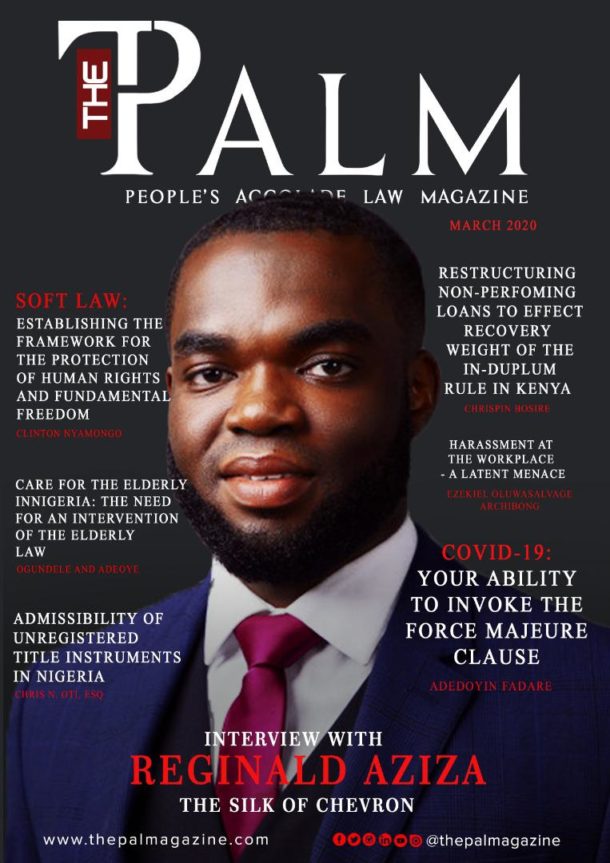

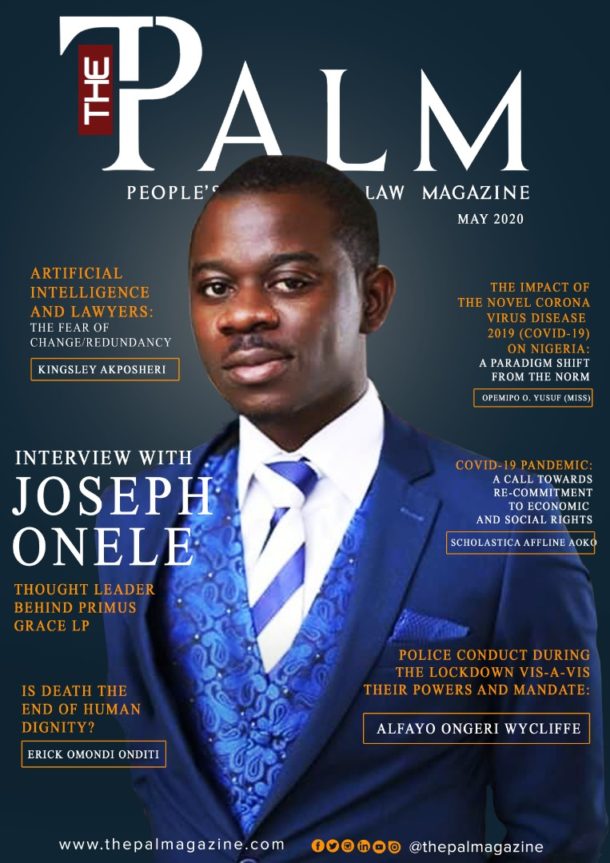
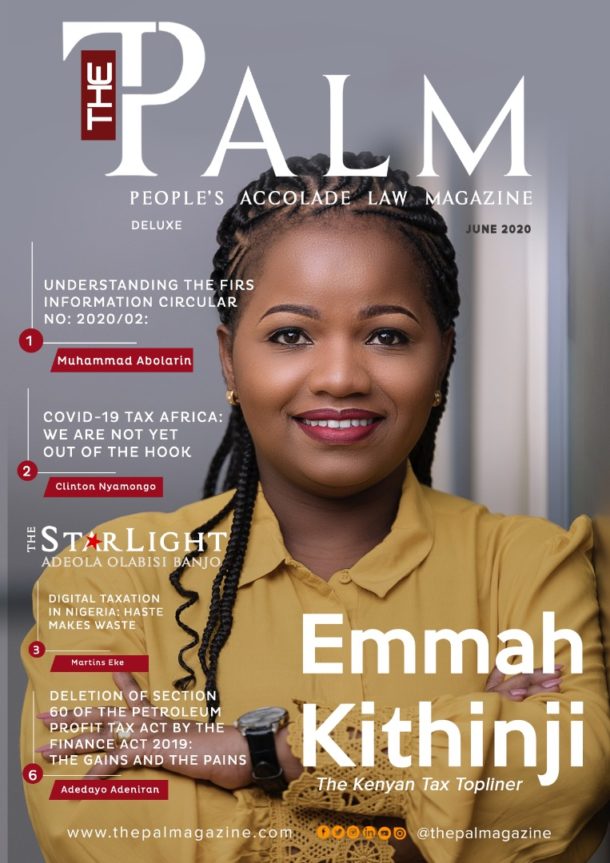

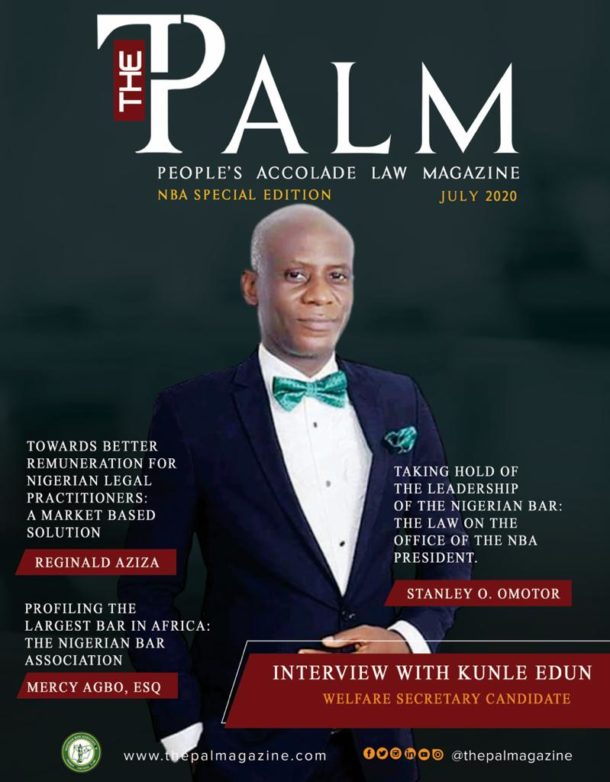
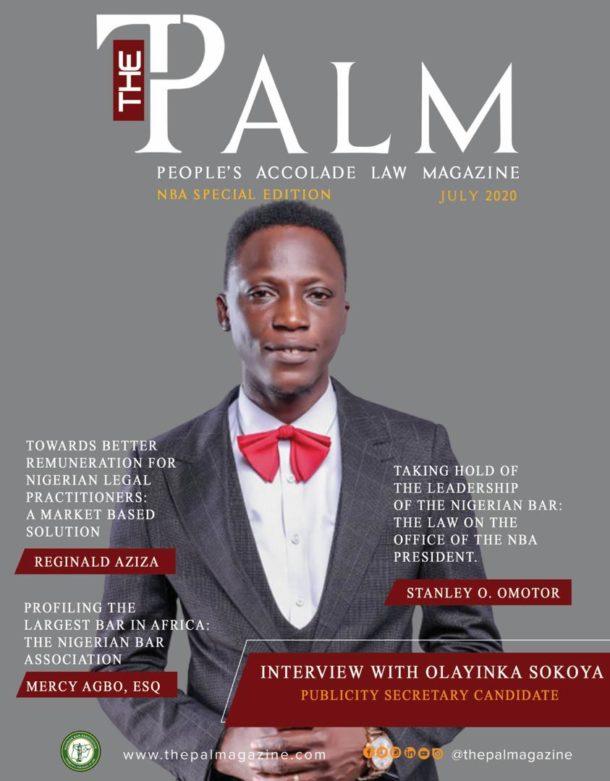
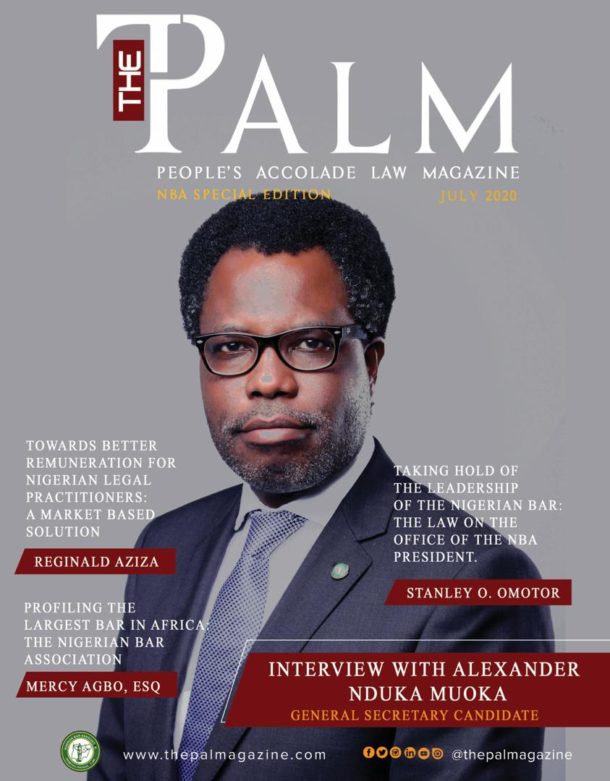

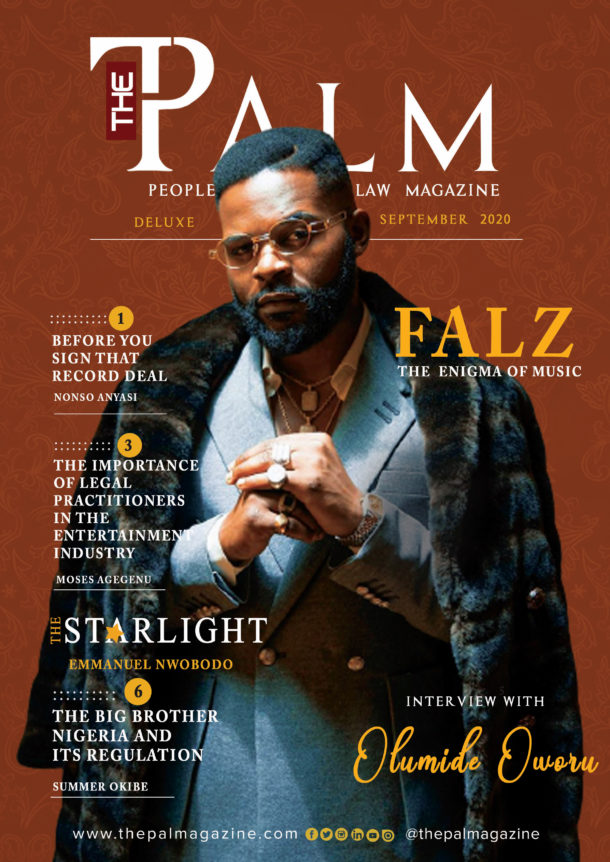
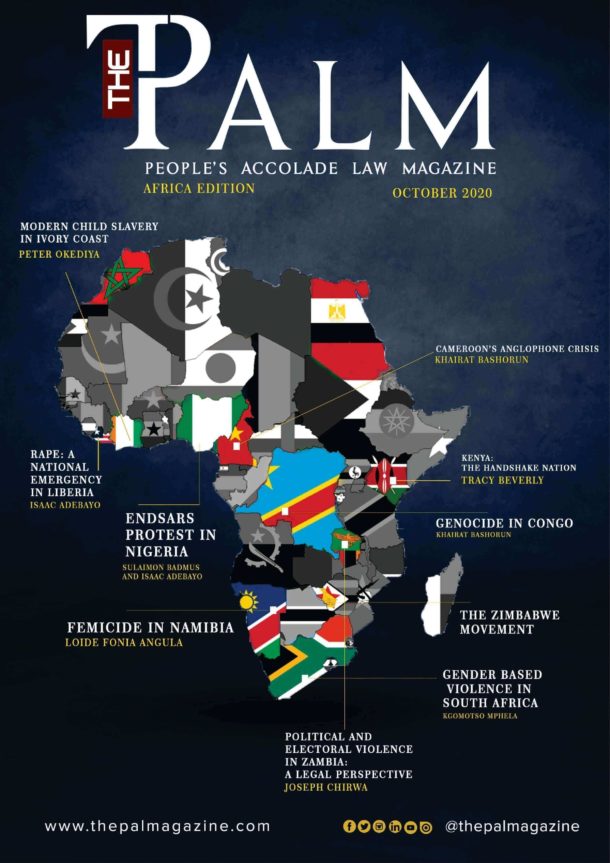


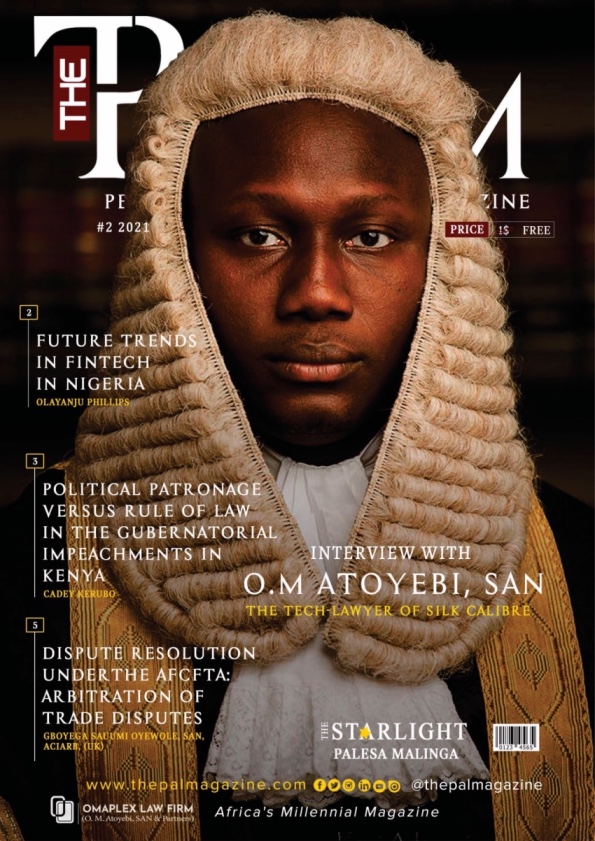

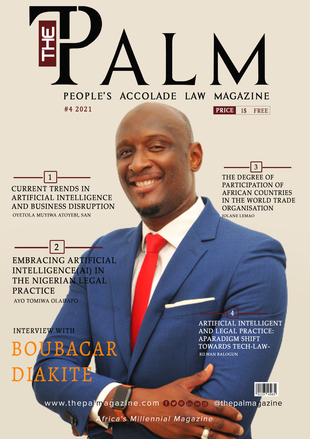

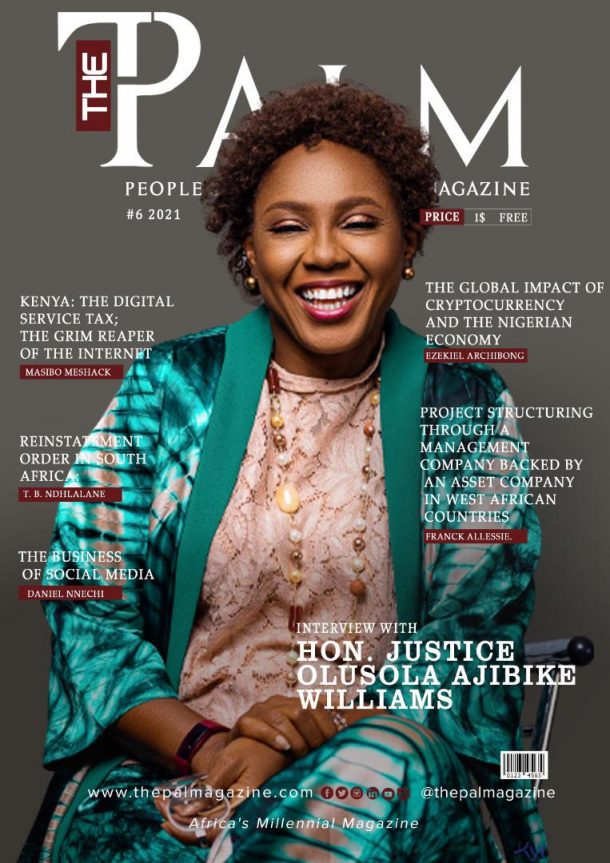
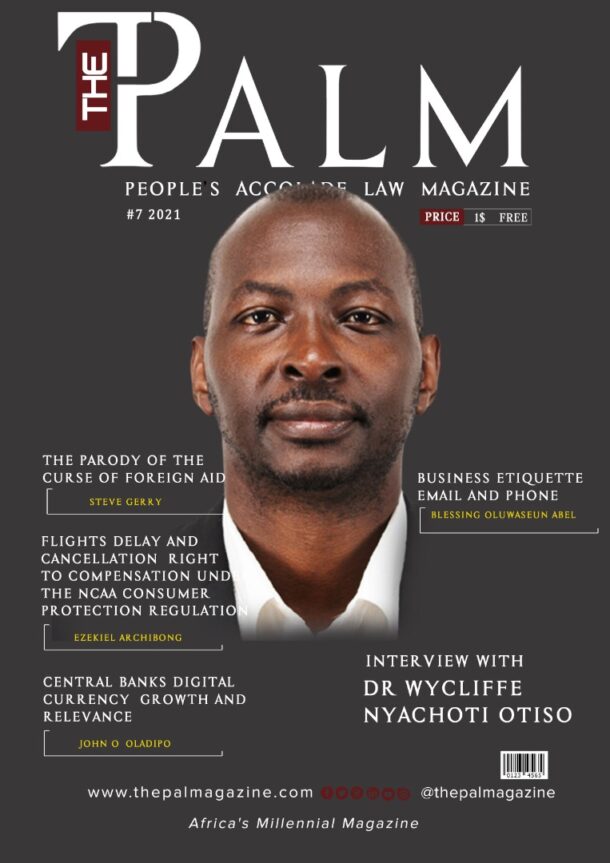



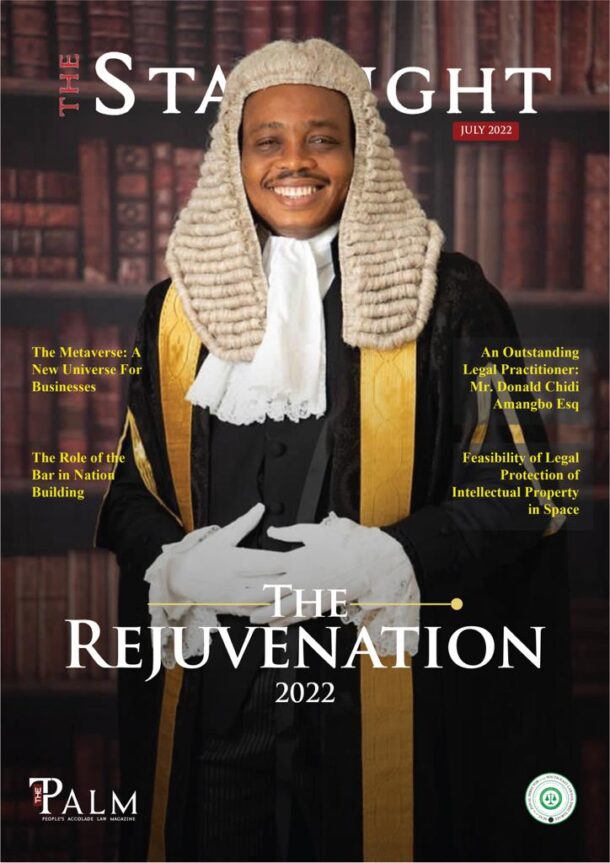


One Response
I see myself in you, Butera, and one day I will tell you this in person.
I’m so happy to have read this article — I feel like it has fueled my confidence again.
Key takeaway: “We don’t need more noise. We need people who think, build, write, test, and lead.” The real work, he says, is often quiet and slow – writing that first paper, drafting a better policy, taking on a hard case no one wants. “But that’s how change happens.”